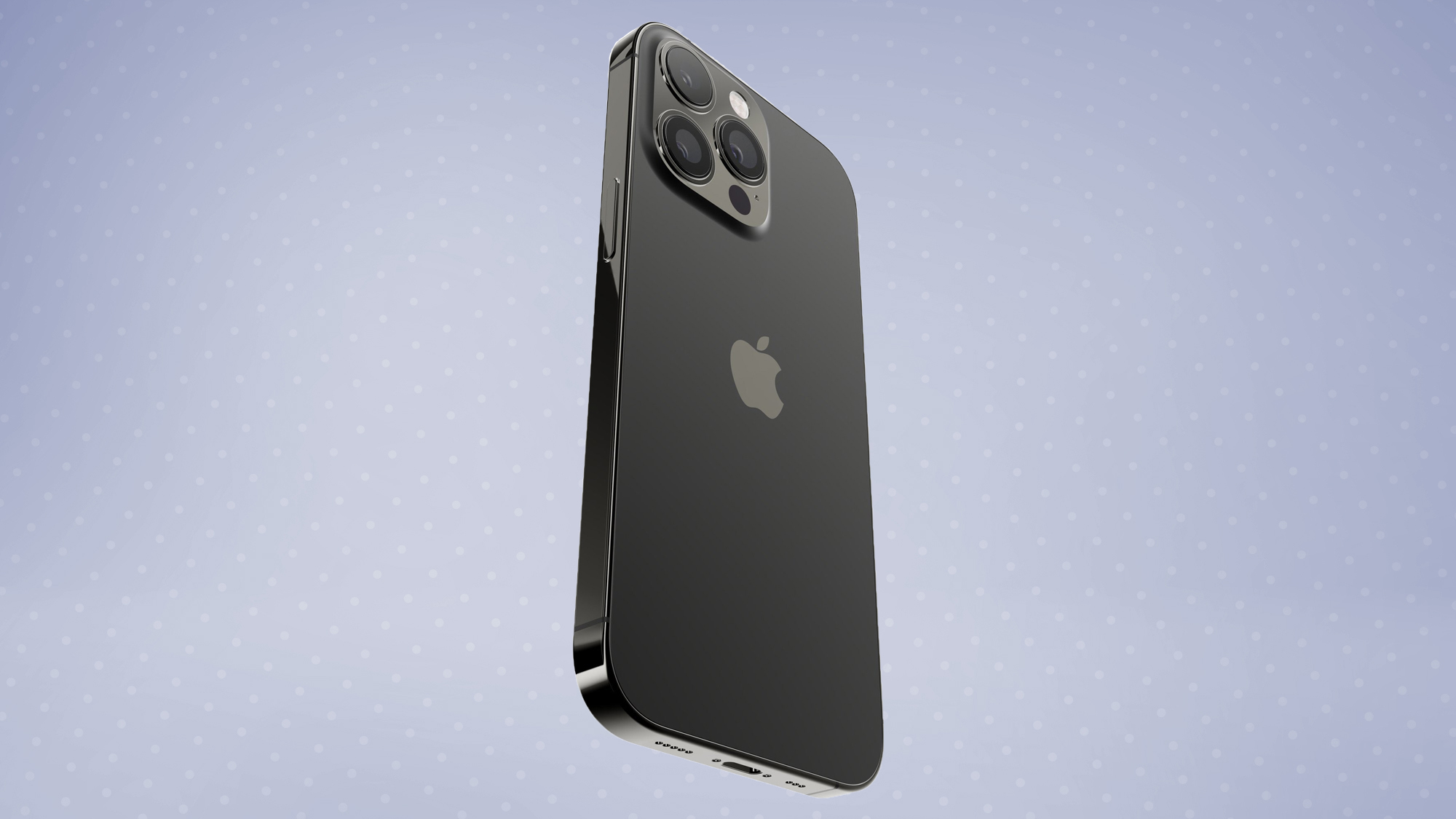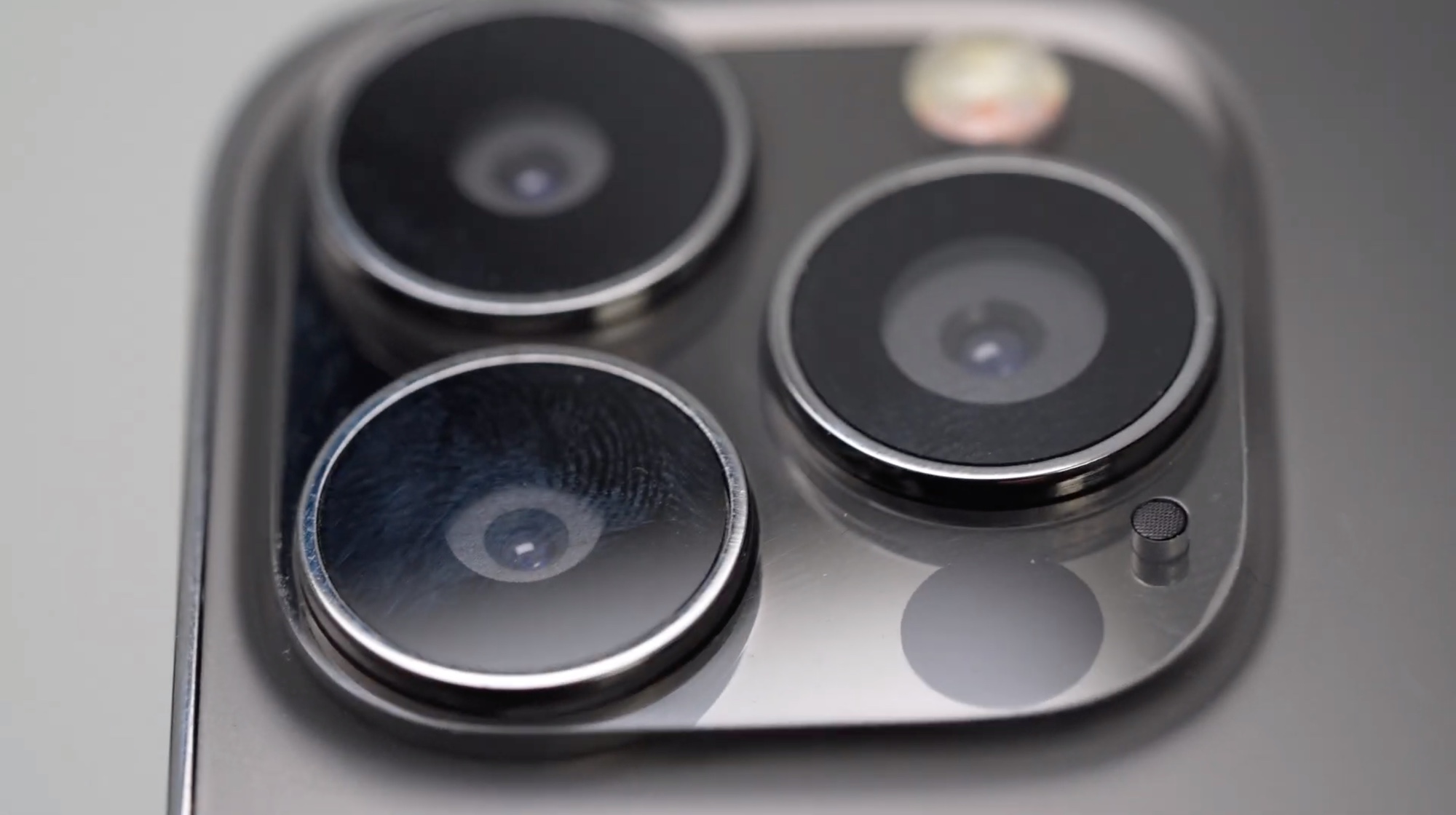iPhone 13 — here’s how Apple can convince people to upgrade
The iPhone 13 will have a tough act to follow after the iPhone 12's success

By any measurement, last year's iPhone 12 was a rip-roaring success for Apple. All four models received rave reviews, and phone buyers voted with their wallets, pushing Apple revenues to record highs. The iPhone 12 gave Apple the chance to demonstrate its continued mastery with mobile photography and they ushered in the 5G era for iPhone users.
So what does Apple do for an encore?
We'll find out Tuesday (Sept. 14) at the Apple event. Apple hasn't tipped its hand at exactly what products are being launched, but the timing of the event matches the early September debuts of previous iPhone models. That has Apple observers thinking the iPhone 13 is a pretty solid bet to show up this Tuesday.
- iPhone 13 event tomorrow — all the new Apple products we expect
- Here's how to watch the Apple event on Tuesday
- Plus: M1X MacBook Pros could be released in 'the next several weeks'
Rumors about the iPhone 13 have given us a fairly complete picture of what to expect. We'll likely get the same four configurations as last year with a 5.4-inch iPhone 13 mini, two 6.1-inch models — one the standard iPhone 13, the other a iPhone 13 Pro model — and a 6.7-inch iPhone 13 Pro Max that figures to be the marquee offering in Apples phone lineup. You'll see the usual array of improvements, from a faster A Series processor to bigger batteries and the usual complement of camera enhancements.
Why do we need to upgrade? That’s the biggest question.
— Ramon Llamas, IDC
If that sounds like an evolutionary update rather than a revolutionary one, that's precisely what the iPhone 13 figures to be. (In fact, at one point, a rumor suggested that this batch of phones might go by the iPhone 12s name, as they'll be that closely related to the iPhone 12 models that came before them.) And that's not necessarily a bad thing — even a modest iPhone update is certain to generate significant enthusiasm, especially among people who've been holding on to their phones for more than two years.
Still, Apple heads into Tuesday's likely iPhone 13 launch facing the same challenge it does any time there's a new phone to introduce. "Why do we need to upgrade? That’s the biggest question," said Ramon Llamas, research director at market research firm IDC.
Specifically, after the iPhone 12 introduced 5G — and benefitted from the pent-up demand for an Apple device supporting the faster wireless technology — Apple needs to find yet another feature or two that makes people want to adopt the new phone, Llamas adds.
Sign up to get the BEST of Tom's Guide direct to your inbox.
Get instant access to breaking news, the hottest reviews, great deals and helpful tips.
"Now that the first wave of 5G is behind us, Apple needs to tout a new must-have feature to get people to upgrade," he said. "We can bet on improved camera features, but we’ve gotten used to that over the years. Same thing with faster processor and a faster recharging battery."
How the iPhone 13 could stand out
Apple may not be able to revolutionize its smartphones with the iPhone 13 release — not unless you consider the possibility of a smaller notch on all four models to be a revolutionary change — but there are improvements it can make that should keep the upgrade party going. And judging from some recent leaks about potential iPhone 13 features, camera improvements could be a big part of Apple's strategy.

This past week, leaker Max Weinbach reported that the iPhone 13 cameras could feature sensors that let in more light — a move that would improve picture quality in low-light settings. Apple is also reportedly planning improvements to its Night Mode feature that aim to improve colors and also better capture the night sky. That's an area where Apple's camera phones have lagged behind the competition from Google, so that's definitely an area we hope to see Apple address with the iPhone 13.
Camera improvements for the iPhone 13 have been a regular part of the rumor process during the past year. Other potential improvements coming to the iPhone 13 include the addition of a portrait mode when capturing video that will blur the background and the extension of sensor shift stabilization across all iPhone models. (It's currently limited to the iPhone 12 Pro Max.) The iPhone 13 Pro models have been tipped to get an ultrawide angle camera with a 6-element lens, an improvement over the 5-element lens on current models. That could help remove the distortion around the edges of wide-angle photos while also letting in more light.
Speaking of the iPhone 13 Pro and iPhone 13 Pro Max, this could be the year when Apple really extends the feature gap between those more expensive models and the standard and mini iPhones. One of the chief rumors surrounding the iPhone 13 is that the Pro models will feature displays with adaptive refresh rates, matching a feature offered by rival Android flagships. That will allow the iPhone 13 Pro models to boost their refresh rate to 120Hz in situations that would benefit from things smoother scrolling; the iPhone 13 and iPhone 13 mini are expected to retain 60Hz refresh rates.
Neither camera improvements nor a feature already adopted by other flagship phones are earth-shattering changes. But if you've got an iPhone XS or later, those are the kind of noticeable upgrades that may convince you it's time to move on from your older iPhone.
iPhone 13: Upgrade or wait?
Apple may face greater challenges than convincing people to upgrade to the iPhone 13. There's also the matter of having enough new phones on hand to meet demand.
While Apple isn't facing anything like the pandemic-triggered delays that pushed the iPhone 12's launch into October 2020 and forced the company to stagger the phones release, there is a global chip shortage going on. Reportedly, constraints on legacy components used in smartphones may impact Apple's ability to keep up with demand, at least initially.
"The biggest question Apple needs to answer is if it can source enough components to meet demand," said Avi Greengart, founder and lead analyst at Techsponential. "Apple has had better availability than many rivals during the pandemic, but Apple also operates at a scale that few others match."
There's no denying Apple has a tough act to follow after the iPhone 12's success. While Llama agreed that the will be a big wave of upgrades this year — "that will happen regardless," he told me — he's not sure it will be pronounced as it was when the first 5G iPhones debuted a year ago.
Greengart is more bullish. "Demand for the Phone 12 has been strong even in typically slow quarters," he said. "As carriers roll out meaningful 5G coverage I expect the iPhone upgrade market to remain strong."
Philip Michaels is a Managing Editor at Tom's Guide. He's been covering personal technology since 1999 and was in the building when Steve Jobs showed off the iPhone for the first time. He's been evaluating smartphones since that first iPhone debuted in 2007, and he's been following phone carriers and smartphone plans since 2015. He has strong opinions about Apple, the Oakland Athletics, old movies and proper butchery techniques. Follow him at @PhilipMichaels.

